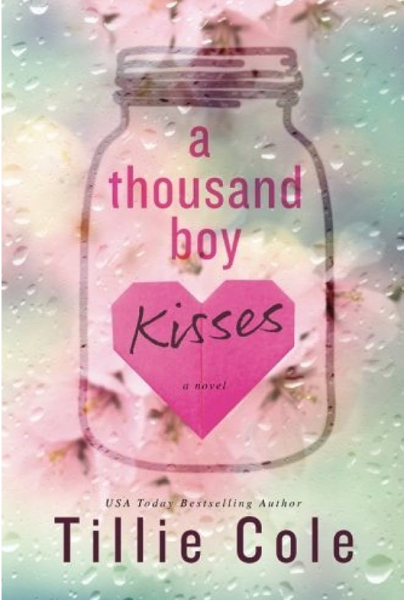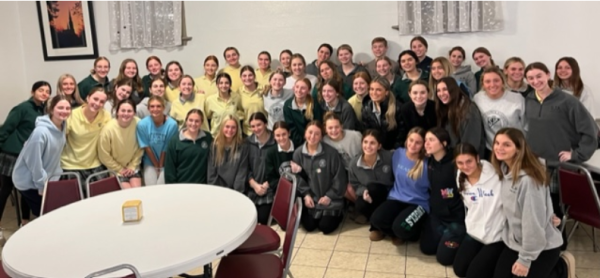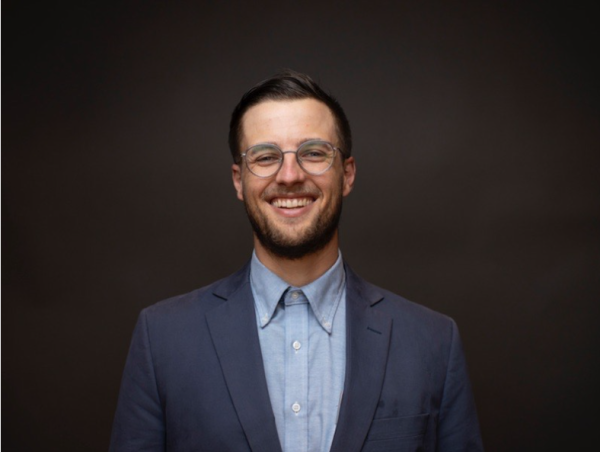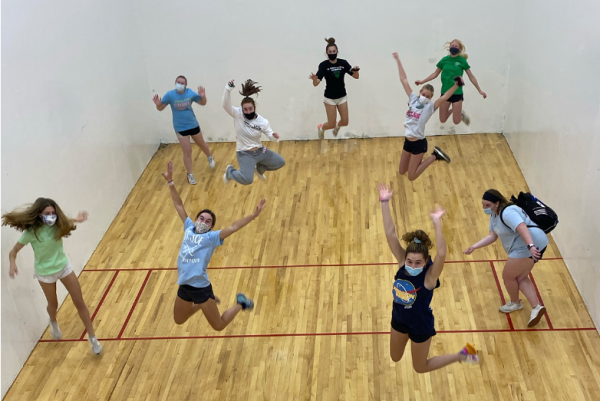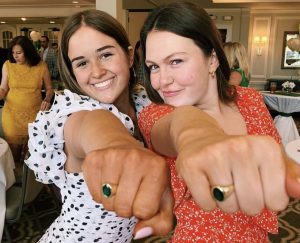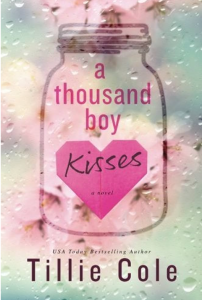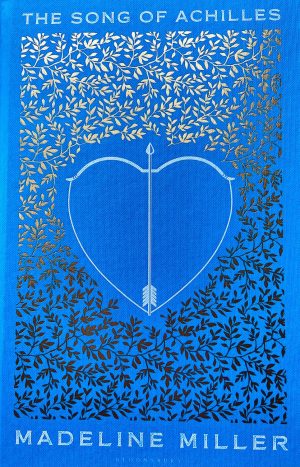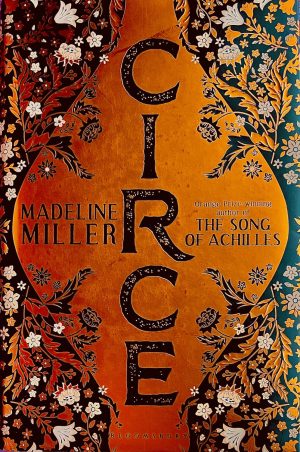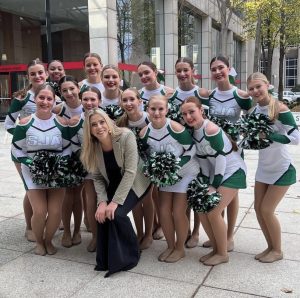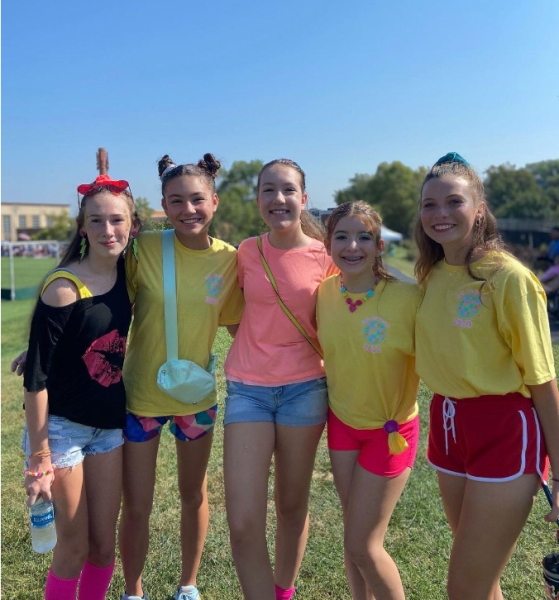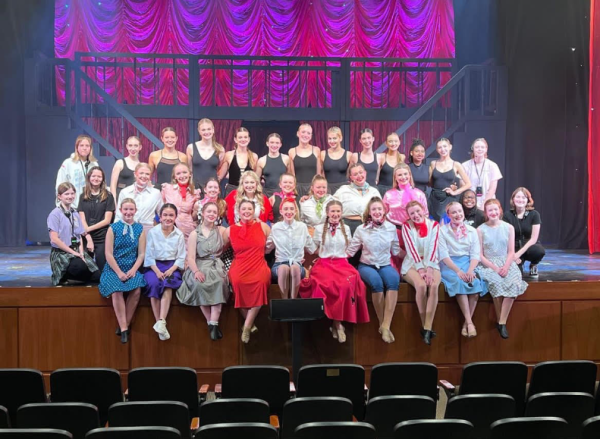Gertrude Belle Elion’s drive defies gender norms.
March 7, 2018
Gertrude B. Elion was an American Nobel Prize winning biochemist and pharmacologist. It is hard to believe that the developer of the first leukemia and organ transplant treatment struggled to find a job as a chemist for more than seven years.
From a young age, Elion had a passion for learning and knew at 15 she wanted to become a scientist. During the summer of 1933 before her first year of college, Elion’s grandfather lost his battle to cancer. This loss was what drove Elion to pursue a degree in chemistry.
In the magazine Scientific American, Elion described her sudden revelation that she “needed to become a scientist, and particularly a chemist, so that I would go out there and make a cure for cancer.”
Elion graduated from Hunter College in 1937 and earned her master’s degree at New York University in 1941; however, due to gender biases of the time, she would not find a job as a chemist for nearly seven years. She did not give up, though; Elion applied for fellowship after fellowship, all 15 denied because she was a woman.
When she finally earned her chance, Elion worked with George Hitchings at the Burroughs-Wellcome pharmaceutical company to develop highly innovative treatments for leukemia, organ transplants, and malaria. Together Elion and Hitchings were awarded the 1988 Nobel Prize in Physiology and Medicine.
Throughout the rest of her long and successful career, Elion garnered many prestigious awards. Despite retiring in 1983, Gertrude Elion continued to aid in the development of new medicines and treatment and left a legacy to inspire many new scientists to continue in her line of work.
Dr. Rose Davidson, STEM coordinator and chemistry teacher at St. Joseph’s Academy in St. Louis, praised the progress made by Elion’s work and perseverance.
“It’s important to celebrate the women who helped pave the way for future female scientists,” Dr. Davidson said.



